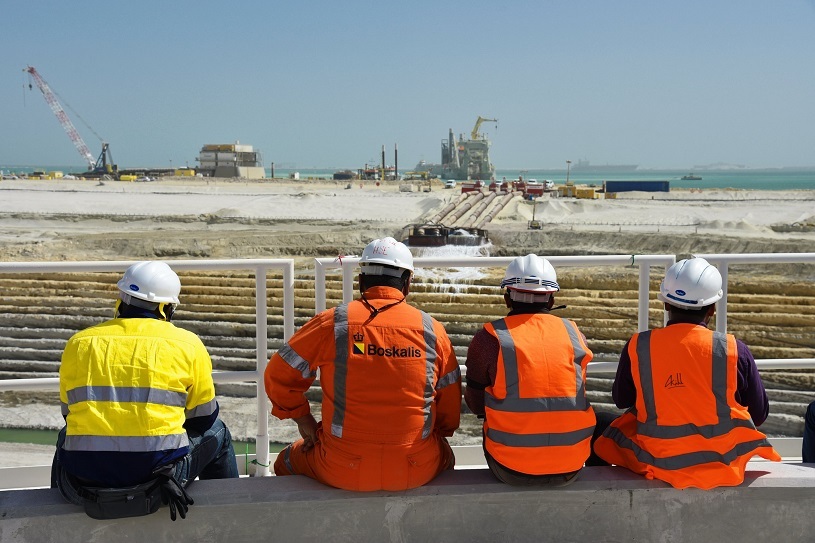Official figures reveal the UK gave over £2 billion of support to fossil fuel projects abroad in the past year through the government’s export credit agency, just weeks after the practice was condemned by MPs.
UK Export Finance’s (UKEF) latest annual report, published two months after parliament declared a “climate emergency”, shows an 11-fold increase in support for fossil fuel projects compared with the previous year, when £175 million was provided.
UKEF is the government agency tasked with helping British companies secure contracts abroad by alleviating risk, through offers of export credit, loans, guarantees, and insurance against loss.
The use of this system for propping up fossil fuel projects was lambasted by MPs earlier this month, however, when the final report of an inquiry by the Environmental Audit Committee said the level of support was “unacceptably high, particularly in low and middle-income countries.”
The report said that UKEF’s activities were out of step with the UK’s climate commitments and called for the agency’s mandate to be amended by the end of the year.
UKEF’s annual report, published last week, reveals how in the past year export credits were offered to projects including oil exploration and refining, from the Middle East to Brazil. It shows £2 billion out of a total of approximately £7 billion went to fossil fuel related activities last year.
MPs criticised UKEF for providing a total of £2.5 billion of support to fossil fuel projects between 2013 and 2018.
UKEF told DeSmog that many of the projects supported in the past year were in the pipeline long before the MPs’ inquiry began, and that they are now considering a response to the inquiry’s recommendations.
The agency said it “fully recognises the importance of tackling climate change and the need for a mix of energy sources and technologies as the world transitions to a low carbon economy”.
UKEF’s annual report noted that the largest “single deal in the infrastructure and energy space” last year was £734 million for the Duqm oil refinery project in Oman. “Through its support for this project, UKEF was instrumental in securing significant export contracts for suppliers in the UK’s world-leading oil and gas sector”, the report said.
In a separate section of UKEF’s website, it notes that the Oman project has “high potential” for environmental, social and human rights risk – including health and safety, noise and air quality, waste management and resource efficiency – but states that it falls within international standards.
Other projects include £248 million worth of support for oil exploration in Brazil, and £171 million for an oil refinery in Kuwait described as a ‘clean fuel project’. The Kuwait project was also deemed by UKEF to have “high potential” risk for environmental, social and human rights.
The fossil fuel figures do not include those which went to aviation-related projects, which also form a large portion of UKEF’s export credits.
Alluding to the question of export finance’s role in the climate crisis, International Trade Secretary Liam Fox announced government support for the “export of climate resilience infrastructure” in a centenary speech at a UK Trade and Export Finance Forum at the start of June. Details on the scale of the initiative have yet to be published, however.
Subscribe to our newsletter
Stay up to date with DeSmog news and alerts






